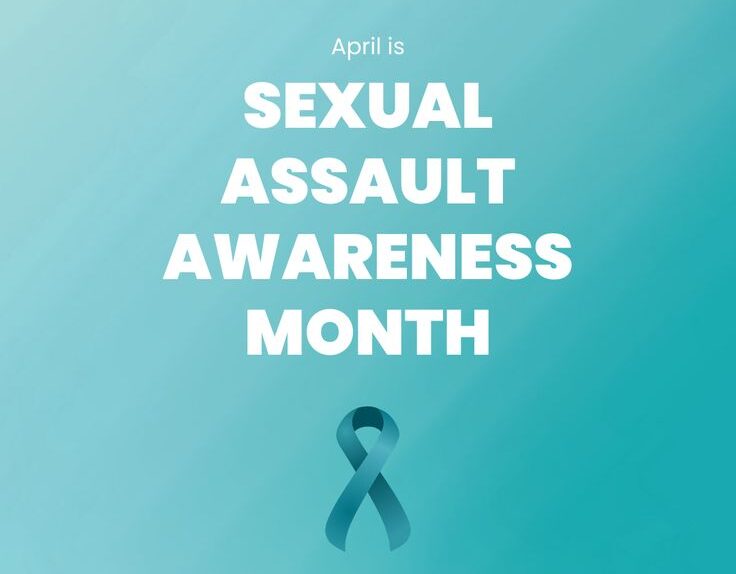Women empowerment: Are there any worthy gains?
The International Women’s Day, held annually on March 8, celebrates women’s achievements across nations. Throughout history, women have been subjected to various forms of rights abuses but have been gradually
The International Women’s Day, held annually on March 8, celebrates women’s achievements across nations. Throughout history, women have been subjected to various forms of rights abuses but have been gradually fighting for recognition and equal opportunities. ESTHER KIRAGU takes a look at the strides made by the Kenyan woman.
The 21st century has witnessed a significant transformation and shift in attitude, in both women’s and society’s thoughts about women liberation. This journey has been long and quite tough. In the past, women’s rights were a constant source of debate. For instance, a woman’s ‘rightful’ place was said to be in the kitchen, in the farm producing food, or at home caring for her children. Those who worked in the office took up subservient roles such as serving tea and cleaning up. A lot of these roles still prevail in many homes and offices, but generally, women have a lot more say today, especially regarding decisions that impact on their lives.
The woman today can choose her academic, financial and professional path; set goals towards fulfilling her dreams; speak out and be heard, as well as vie for leadership positions. With more women in managerial levels and an increased number of key women seen as role models in many aspects of life, it is true to say that today women have real choices unlike before.
So what is worth celebrating?
Gender equality and women empowerment. This is one of the eight-milleminium development goals set to be achieved internationally by 2015 and that includes Kenya, too. There is cause to believe that this is achievable as the new Kenyan constitution inaugurated in 2010, provides for 30 per cent representation of women in all elected and public offices. This has given women the legal structure to contest appointments and nominations made by any individual or organisation. As a result, many women have climbed up the corporate and public service ladders, which has played a role in inspiring other women and especially girls, to seek high-ranking positions in governance and management.
Increased gender parity has also given a thrust to women many of whom are now pursuing courses and venturing into careers that were previously considered predominantly male. The rule on gender parity has further given women a voice to freely express their grievances; and with their voices increasingly being heard, relevant laws are being formulated, lobbied and enforced to protect their rights. Such laws include The Anti-female Genital Mutilation Act, The Sexual Offences Act, among others.
In 2013, President Uhuru Kenyatta directed that the procurement rules be amended to allow 30 per cent of all contracts to be given to the youth, women and persons with disability without competition from established firms. This is to empower the youth, women and persons with disability by giving them more opportunities to do business with government.
Property inheritance. Being a patriarchal society, Kenya previously had laws that discriminated against women when it came to inheritance of property. Many women have in the past been left destitute following the death of their husbands and fathers, or after a divorce. Others have succumbed to threats and hostility from their in-laws, and moved away from their homes to live in abject poverty.
A widow who refused to be inherited, for instance, would be chased from the homestead – an injustice that caused women leaders and civil society organisations to lobby against wife inheritance and discrimination of women to inherit property. After years of intense campaigns, laws were made that allowed women to inherit property from their fathers and husbands. The Kenyan constitution now provides women with unprecedented protections for their rights to own and inherit land. Courts, too, have enforced these laws on numerous occasions and as a result encouraged women to seek redress when denied this right.
Previously, the supremacy of patriarchy in the society led to acceptance of gender based sexual violence as normal behaviour. Traditionally, women in some communities even expected to be beaten by their husbands as a sign of love. But the introduction of The Sexual Offences Act in 2006 brought stiffer penalties for sexual offenders in Kenya. Additionally, gender-based violence and sexual violence awareness has increased with time and there are numerous grassroots movements that are educating the society to change the culture of gender based violence.
Reproductive Health and Rights. Unlike previously, when men were the sole decision-makers in relation to women’s fertility, today women too have the power to save their lives over that of their unborn babies, in a case where a woman’s life is perceived to be in danger due to the pregnancy.
The Kenyan constitution guarantees the right to health care including reproductive health for all its citizens. Over time, the government has developed policies and established institutions that seek to promote and protect sexual and reproductive health rights of Kenyans. Now, there is an increased access to health care and continuous modification of contraceptives such as female condoms and pills, to make them user-friendly. Women have gained more negotiation power to determine when to engage in intimate relations especially after childbirth, when to have children and how many to have.
Women and the political process. Despite women being the majority of the voter population, they often turn out to be underrepresented in the electoral process. Society has been socialised into believing that the political arena is for men only, thus women participation in the political and elective office is at a low level.
Women being the majority of the Kenyan voters can, if properly mobilised, vote in candidates who are sensitised to their needs. However, studies have shown that even though women are aware of such candidates, they are either manipulated by other candidates or by their husbands, or other factors hence giving them no free choice in the voting.
Over the years, however, some women have attempted to enter the political field with some being successful though the number of women members of parliament is still very low compared to countries such as Rwanda, which is number one in the world in terms of women’s parliamentary representation — at 56.3 per cent women. Kenya has all the same come a long way as was seen in 2013, when President Uhuru Kenyatta appointed six women as cabinet secretaries in line with the constitutional requirement of a third women representative in all public positions. Also, there are several women representatives, county representatives and deputy governors countrywide and several political parties have nominated women to form part of their executive teams.
Although several gains have been made, the battle isn’t won yet. There is still need for more to be done in regard to women empowerment because many women are still not paid or treated equally with their male colleagues; women still are not present in equal numbers in business or politics compared to their male counterparts; and women’s education, health and the violence against them is present in today’s society.
By empowering women, we strengthen their voices and bargaining power within the home, the wider community and nation at large. Empowering a woman translates to empowering a family and a nation. This International Women’s Day as we recognise the strides made, let us all resolve to do more to ensure the future for girls is bright, equal, safe and rewarding.
Published on March 2014





